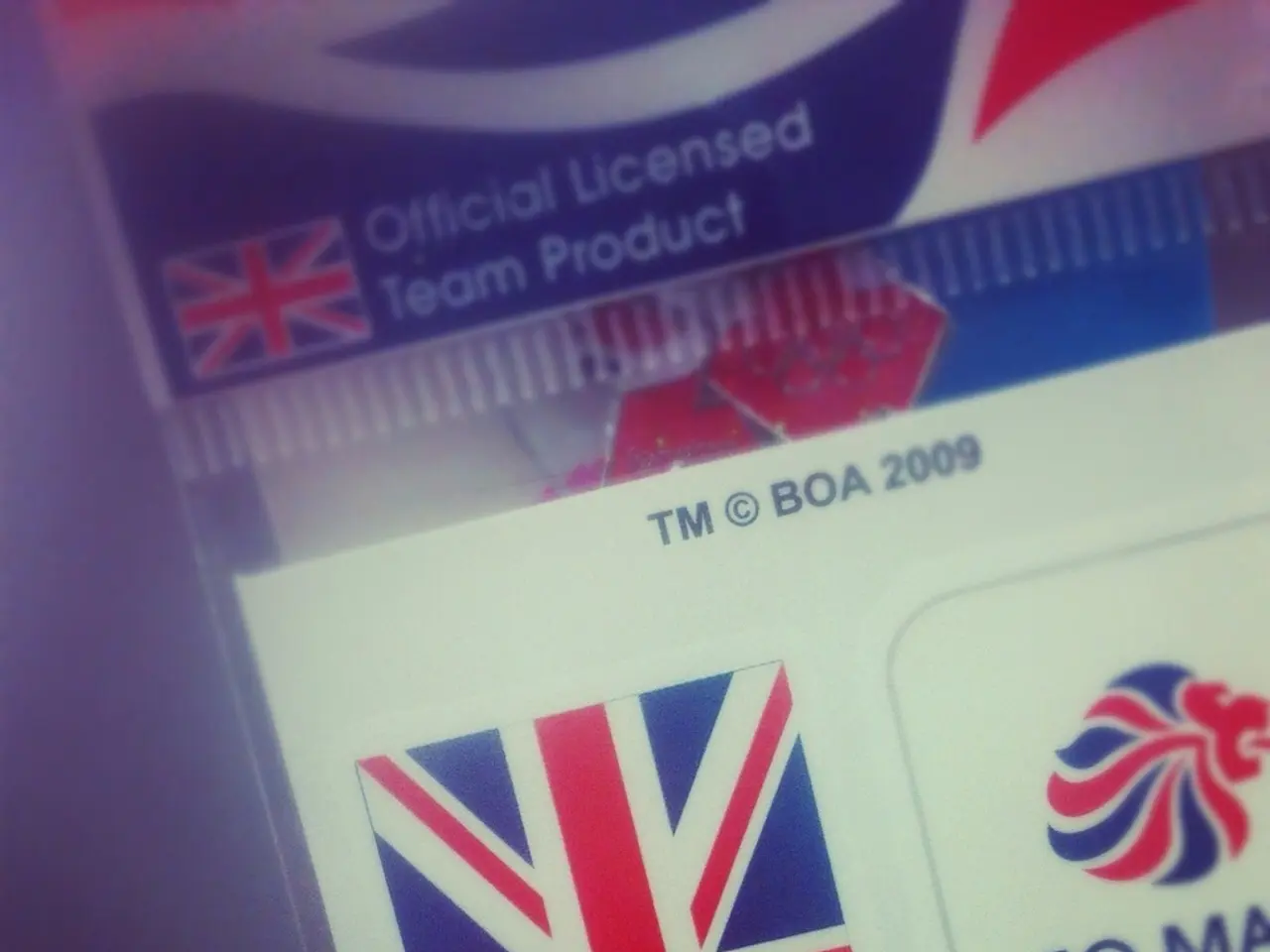New York Legislation Approves the FAIR Business Practices Act
New York Strengthens Consumer Protection Laws with the FAIR Business Practices Act
New York is set to join California and Washington in strengthening its consumer protection laws, if Governor Hochul signs the Fostering Affordability and Integrity through Reasonable Business Practices Act (FAIR Business Practices Act) into law. This act marks the first significant update to New York's General Business Law § 349 (GBL § 349) in 45 years.
The FAIR Act brings about several key changes to GBL § 349. It expands consumer protection by explicitly prohibiting "unfair" and "abusive" business practices, incorporating federal standards for these prohibitions, and extending protections to businesses and non-profits, in addition to individual consumers.
One of the most critical changes is the elimination of the judicially-created "consumer-oriented" doctrine. Previously, GBL § 349 claims required that the challenged business practices be "consumer-oriented" with a broad impact on consumers at large. This limitation restricted enforcement to harm affecting the consuming public and excluded harms to businesses or isolated transactions. The new law, however, explicitly states that an act or practice "is actionable by the attorney general regardless of whether or not that act or practice is consumer-oriented."
This expansion significantly broadens the Attorney General’s authority to enforce consumer protection, enabling action against a wider variety of unfair, deceptive, or abusive business practices. It empowers individuals, regulators, small businesses, and non-profits to seek civil remedies, creating stronger protections and broader enforcement capabilities under New York law.
Examples of such practices that the FAIR Act aims to address include mortgage servicers charging unnecessary high fees, debt collectors stealing Social Security benefits, health insurance companies using unfair billing practices, student loan servicers steering borrowers into the most expensive repayment plans, and companies taking advantage of consumers with limited English proficiency and obscure pricing information and fees.
The FAIR Act also enables the New York Attorney General to enforce the law against businesses that may be engaged in deceptive, unfair, or abusive practices in private transactions. This could potentially lead to the Attorney General bringing claims that do not fit within traditional antitrust frameworks where there is direct harm to businesses, but not to consumers.
In summary, the FAIR Business Practices Act modernizes GBL § 349 by broadening its scope beyond consumers to include businesses and non-profits, incorporating federal unfair and abusive standards, and removing the restrictive consumer-oriented limitation, thereby enhancing consumer protection enforcement in the state. This is part of ongoing efforts by some state attorneys general to broaden their consumer protection powers and jurisdiction.
- The FAIR Business Practices Act, if enacted, could allow the New York Attorney General to pursue litigation against businesses that engage in deceptive, unfair, or abusive practices, even if these practices do not directly harm consumers but may impact the financial health of businesses or non-profits.
- With the inclusion of federal antitrust standards in the FAIR Business Practices Act, the New York Attorney General might have the authority to investigate and take action against businesses involved in antitrust violations that may restrict competition within the finance or business sectors, thus impacting consumers indirectly.




